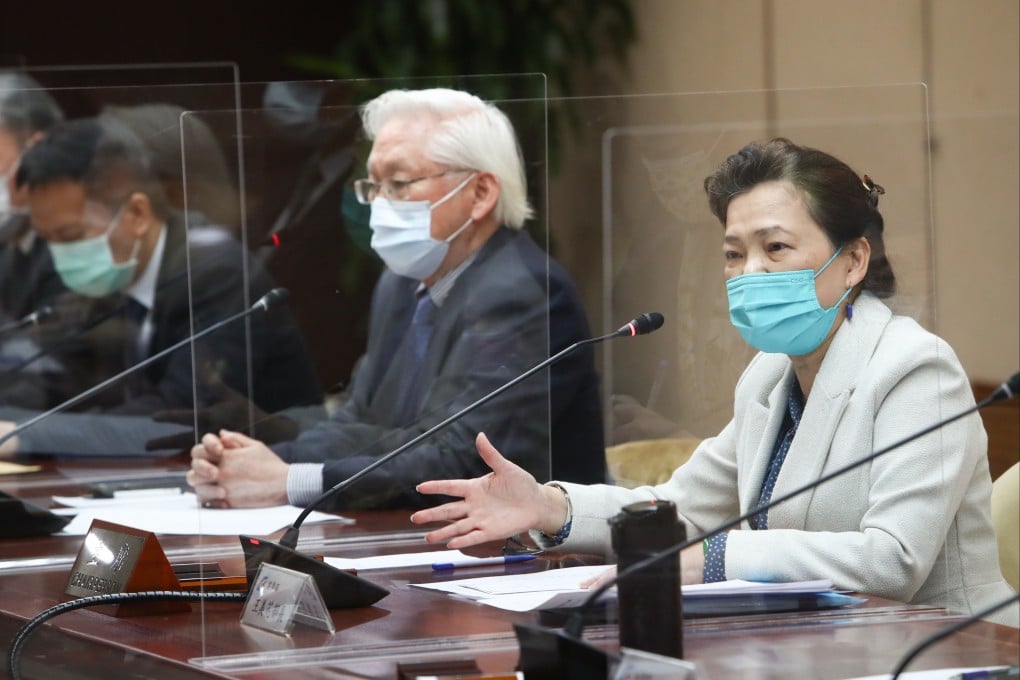Advertisement
US-China tech war: Beijing calls on Washington to stop further dialogue with Taipei on supply chain resilience, semiconductors
- The second annual economic dialogue between Washington and Taipei focused on issues that include supply chain security and semiconductors
- Taiwan economic affairs minister Wang Mei-hua also asked Washington for government subsidies to support Taiwanese firms doing business in the US
Reading Time:2 minutes
Why you can trust SCMP
36

China has urged the United States to stop further official contacts with Taiwanese officials, after representatives from Washington and Taipei held their second annual economic dialogue earlier this week.
The call was made by Chinese foreign ministry spokesman Zhao Lijian on Wednesday, following the two sides’ five-hour virtual discussion, which focused on such issues as supply chain resilience, digital economy, science and technology and 5G network security, as well as Beijing’s economic coercion.
The meeting on Monday, billed as the second “US-Taiwan Economic Prosperity Partnership Dialogue”, marked the latest sign that US President Joe Biden’s administration intends to continue developing closer ties with the democratic island, which mainland China refers to as a renegade province, amid soaring tensions with Beijing.
Advertisement
It was also convened days after Beijing’s semiconductor self-sufficiency drive faced fresh headwinds, as Washington moved to block South Korean memory chip giant SK Hynix from shipping advanced chip making equipment to mainland China. The US government also thwarted Intel Corp’s plan to expand its manufacturing operations on the mainland.
The stakes are high for Beijing because Washington has already managed to get industry giants Taiwan Semiconductor Manufacturing Co (TSMC) and Samsung Electronics to invest in the US with new chip production operations.
Advertisement
“Taiwan wants to exchange its expertise in semiconductors for opportunities to cooperate with the US in the areas of 5G, AI and automobile electronics,” said Arisa Liu, senior semiconductor research fellow at the Taiwan Institute of Economic Research.
Advertisement
Select Voice
Select Speed
1.00x